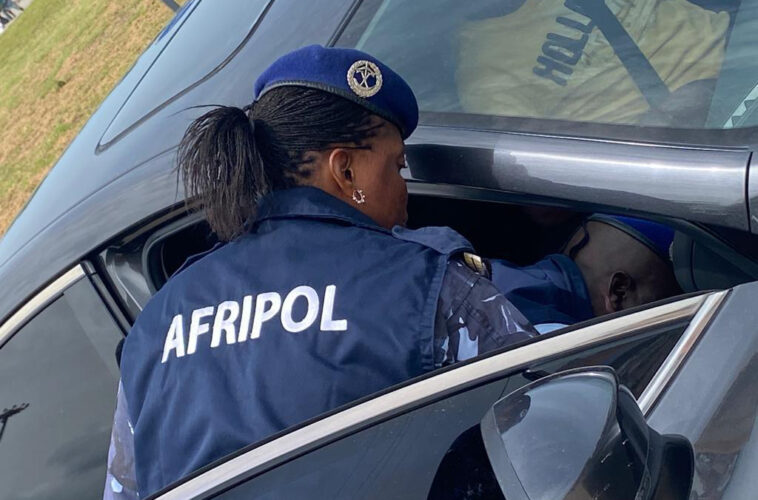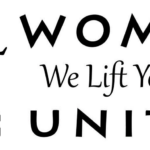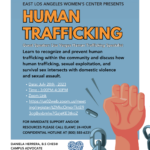
Human Trafficking: A Lurking Nightmare in Johannesburg
Human Trafficking in South Africa: A Detailed Overview
Human trafficking has infiltrated societies across the globe, but its chokehold is keenly felt in South Africa, a country where dreams for a better future often end in an abject nightmare. The recent account of 26 nude Ethiopian hostages hastily escaping a trafficker’s den in Johannesburg is a chilling confirmation that human trafficking continues to be a relentless plague in the Rainbow Nation.
The Inside Story: 26 Ethiopians Held Captive in Johannesburg
In a grim reality unearthing the menace of human trafficking in South Africa, 26 naked Ethiopians endured imprisonment within the claustrophobic confines of a Johannesburg house. Stripping victims naked is a cruel method employed to crush their spirit and deter attempts to escape. The house that became their prison was situated in the quiet suburb of Sandringham, where neighbours were drawn to an unusual commotion – the victims had managed to escape after breaking a window and burglar bar.
The Nightmare of Human Trafficking: The Detrimental Psychological Impact
Human trafficking goes beyond the obvious physical abuse to a far deeper psychological turmoil. Victims are often kept naked as a method to instill humiliation and fear. Such tactics aim at making the victims feel helpless, sowing seeds of despair while cleaving them off from any hope of finding freedom.
The Gruesome Scene and the Subsequent Police Intervention
It was reported that around 60 Ethiopian men were held captive in the suburban home. The police were alerted by vigilant neighbours, leading to the subsequent arrest of three suspects who were charged with human trafficking and illegal possession of firearms. The police managed to rescue 11 victims while many are still unaccounted for, highlighting the grim reality that many have yet to find their escape.
The Roots of Xenophobia and Migration: A Deadly Combo
South Africa, since the end of apartheid over three decades ago, has been a promising destination for emigrants from across Africa. However, the rising fears of drug smuggling, increased unemployment, and violent crime, have sparked xenophobic attitudes. Of the 62 million-populated nation, around 2.4 million are foreign-born people as per the 2022 census, underlining the extensiveness of immigration.
Human Trafficking and Its Links: The Ethiopian Connection
While a significant proportion of these immigrants are from other southern African states, an estimated 58,000 are Ethiopians. This raises serious queries about the driving factors behind the surge of Ethiopians in the country and their susceptible plight.
Revealing the Unseen Trends: Previous Trafficking Cases
A year before the recent incident, in August 2024, a similar case had come to light. 82 Ethiopians were found crammed in a house in the same Johannesburg area, living without sufficient food and basic sanitary conditions, painting a dystopian picture of their living circumstances.
Breaking the Code: Language Barriers and the Quest for Justice
While the police have been endeavoured to uncover the complete story, language barriers have posed significant challenges. Authorities are reaching out for interpreters, reflecting the multi-faceted complexities of these cases. These obstructions reinforce the dire need to formulate robust strategies to dismantle the human trafficking networks and provide victims, from different linguistic backgrounds, the justice they deserve.
A Plea for Empathy: Every Stolen Life Matters
Every case of human trafficking unearths a horrific tale of agony and resilience. Each victim shares a common yearning for freedom and a plea for justice. As a society, we must unite to bring an end to this abhorrent crime and work relentlessly for a world where no person is forced into the depths of such despair.
Originally Post From https://www.theguardian.com/world/2025/jan/10/ethiopia-arrests-suspected-traffickers-johannesburg


